Terumah
- Feb 8, 2022
- 4 min read

Mesopotamia is a region of extremes, with nothing balanced, stable or constant. Even the weather lacks moderation with summer and winter both vying for the cruelty prize. During January, temperatures dropped to -10c during the day and hit -15c at night as snow, blizzards and storms have pounded us without mercy.
Our staff and students, those whose hearts were stirred to help give the desperately needed gift of compassion to extra needy tent-dwellers, committed to prepare and deliver food packages during this dangerously cold weather. In January we gave our love contribution expressed in the form of food to 80 families and individuals. As another round of storms hit us this evening, we will be preparing to give to another 20 families, the tent dwellers in Shariya Camp.

“Giving is an integral part of human dignity.”
- Rabbi Jonathan Sacks.
“I am proud to be able to visit these families and provide them with high quality food products. The cost of living has doubled since the COVID 19 pandemic began, people are saving everywhere they can, and cutting back on decent nutrition. We always go at the right time, somehow families looked as if they were waiting for us, although we did not know them and had not notified them. They were happy to receive food but also just happy that someone cared, someone visited them and had the time and compassion to chat and sit with them for a few minutes. They felt that they were not alone, that they were seen and valued.
We visited one man who was dumb. He lived alone. He became so happy and joyful that he began to bless us in his version of sign language. He was so happy just to have visitors in his house, food was a bonus.”
- Musa

“As soon as the first snow began to fall my thoughts turned to the refugees living in tents. I asked myself how they will keep themselves warm, our block houses are freezing, how much more their tents are. I wondered how they would eat. Those who have day jobs will lack work, which translates into no food for the family. I was so happy to go and visit and take the gift of food to them. I knocked on the door of one lady called Sara who was so shy, but her eyes lit up and she smiled when I handed her food.
Everyone we met was thankful. We gave food but more than that, we gave them the gift of dignity and hope.”
- Bashiq

“Everyone who we visited could not believe that an NGO had come out in the snow and storms just to visit them and care for them. I saw the joy and relief in their eyes. No words were needed. Their eyes said it all. I was so happy to have helped them.”
- Avya
“We visited one man who was old and lived alone. There was no food in his tent, so he was so delighted to receive our food gift. His eyes came alive as he thanked us. I walked away very sad, my heart was heavy because I could feel his pain and suffering. A few days later he died. I am grateful that we were able to put food in his stomach and show him kindness before he died. He died knowing that someone remembered him.”
- Sami
“Giving food is a simple act but it is an act of love.”
- Yalmaz
“When I saw their faces, somewhere between shock and surprise that then went into total happiness I felt so blessed that I was part of the giving, that I had something that I could contribute.”
- Sahla
“Giving creates a gracious society by enabling each of us to make our contribution to the public good.”
- Rabbi Jonathan Sacks
“I was honored to help take food to the poor families. It made me both happy and sad. It pained me to see the sick, the weak and the widows without any food. It made me happy to see them smile when we gave them food.”
- Viyan. Former Child Soldier.
“I feel that it is my duty to help those in more need than myself. We must support the most vulnerable and improve their quality of life. I felt very proud to be a part of the Springs of Hope team , to be able to give the best quality food products to the families and to know that they would be able to make hot meals.”
- F, formerly enslaved by ISIS.

“I am Dalal. In seven years no one has ever brought food to my tent. When the winds and the storms began I prayed for food. Just for food. You brought food. My prayers were heard.”
“I am thankful that you included me and my family. I have psychological problems, and when I can’t get day work, like now in the winter, my condition worsens. You can not imagine the feeling when you are unable to bring food for your family. God bless you for thinking of me.”
- Shaker.

“I am Ido. I live alone. I have nothing, not even a proper tent. If someone gives me food I eat, if they don't, then I don't eat. Thank you for bringing me so much wonderful food. Thank you for finding me. Please keep me on your list.”
The Torah portion for this week is Terumah, A gift or contribution. I quote Rabbi Sacks. "Exodus 25 would prove to be the turning point in ( Israel’s ) history. Until that moment, the Israelites had been recipients of God’s miracles and deliverances. He had taken them from slavery to freedom, and performed miracles for them. There was one thing that God had not yet done, namely, give the Israelites the chance of giving back something to God. …That human act that causes the Divine Presence to live within the camp.
A society based on rights not responsibilities, on what we claim from, not what we give to others, will always eventually go wrong. The etymology of the word Terumah hints at this. It means not simply a contribution, but literally something “raised up.” When we give, it is not just our contribution but we who are raised up."
Indeed we are raised up. We are grateful for Terumah and pray that our simple human act of giving will grace us with the Divine Presence within our camp.











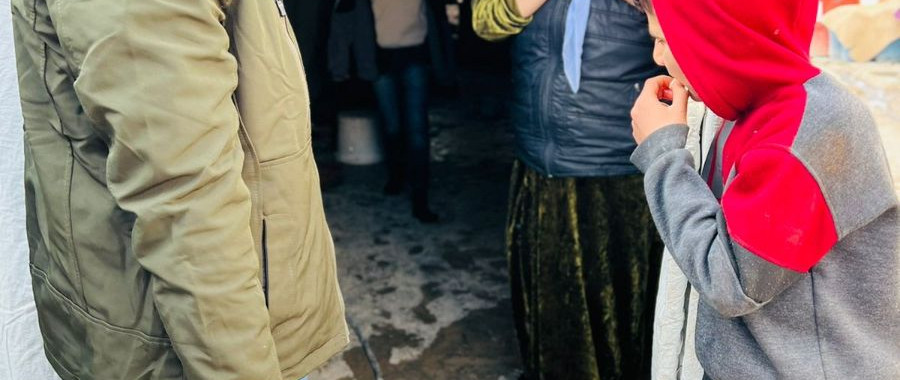

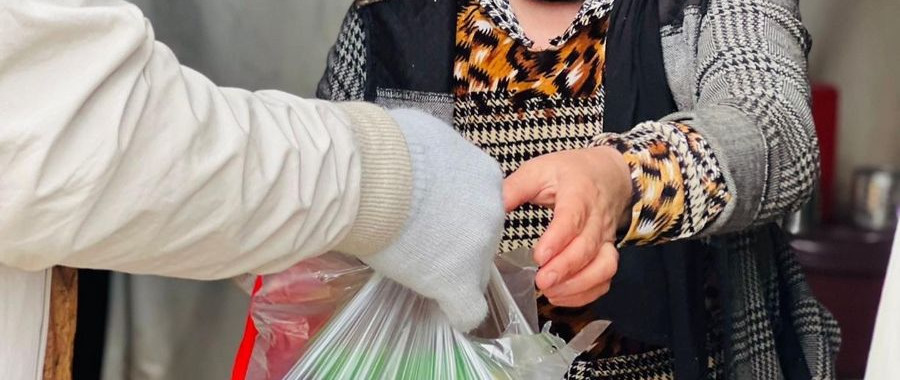



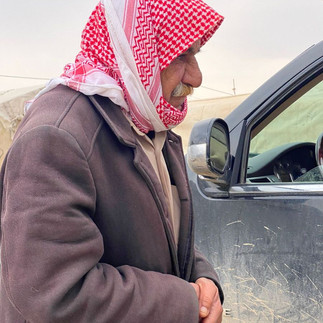





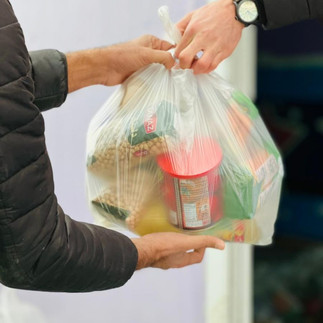













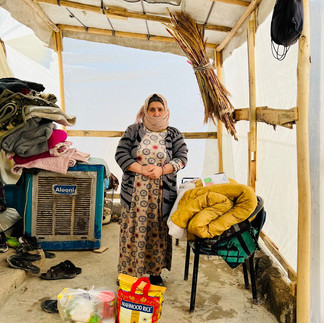






Comments